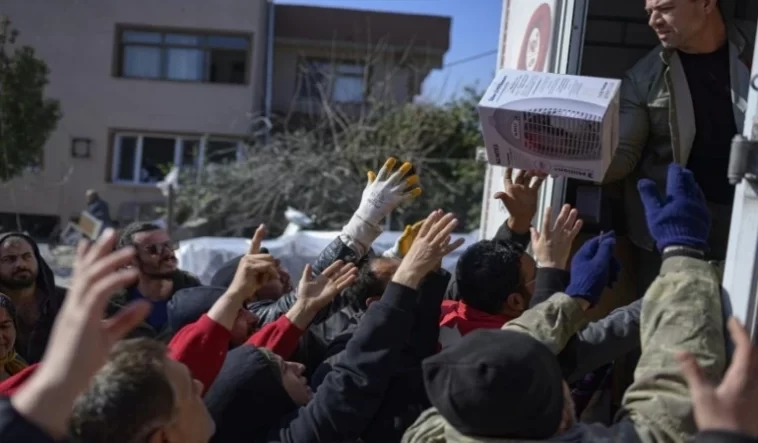A 17-year-old girl and a lady in her 20s were rescued from the wreckage by Turkish rescuers eleven days after the earthquake, which is now one of the ten deadliest in the past 100 years.
“She had a healthy appearance. She briefly opened and shut her eyes, “Coal miner Ali Akdogan made this statement after helping to save Aleyna Olmez in Kahramanmaras, a town close to the epicentre of the earthquake.
But the likelihood of discovering survivors has virtually diminished.
Many people in the impacted areas are in a desperate situation as they attempt to pick up the pieces in frigid weather, without access to food, water, or toilets—raising the possibility of a double calamity brought on by diseases.
UN Secretary-General Antonio Guterres issued a statement pleading for donations to aid the victims, saying that “the needs are great, people are suffering, and there is no time to waste.”
He said that 5.2 million individuals would receive humanitarian supplies for three months thanks to the contributions.
Including in the areas of food security, protection, education, water, and shelter, the money would “enable relief organisations to rapidly scale up crucial support,” he continued.
In reaction to one of the worst natural disasters in modern history, “I implore the world community to step up and fully fund this crucial effort.”
On Thursday, the Red Cross increased its emergency financial appeal by more than three times, to almost $700 million.
Aid is taking a long time to reach the area, which has been devastated by years of conflict, making the situation in rebel-held northwest Syria particularly bad.
In Jindayris, near the Turkish border, with his demolished former home in the background, Abdelrahman Haji Ahmed told AFP, “There is no electricity, no water, no sanitation.”
“All the families’ lives are sad.”


